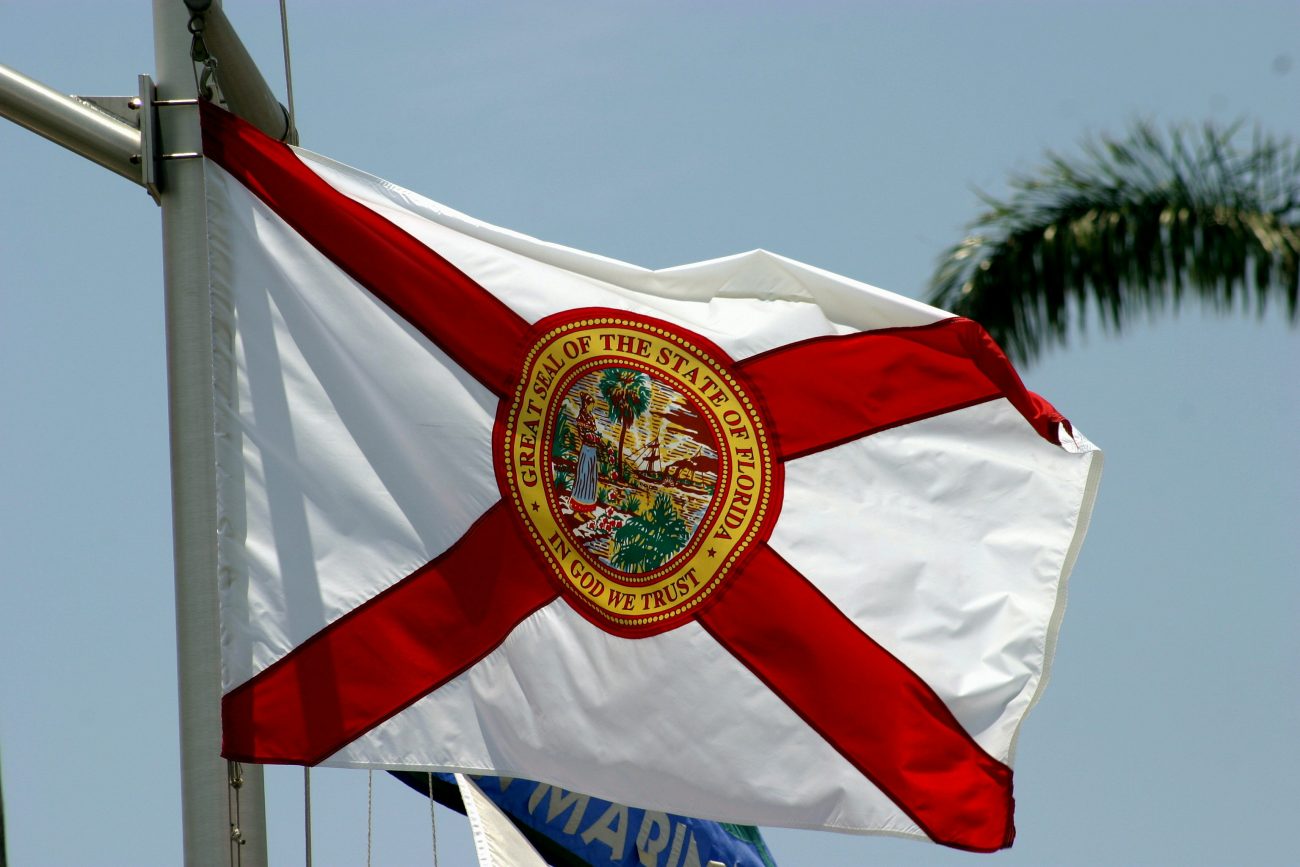One of the most common questions in my office is how to establish residency in Florida. Residency affects in-state tuition, taxes, homestead exemptions, or qualifying for certain legal benefits. It is important to keep in mind, however, that residency means different things in different contexts. Residency can have multiple meanings and in some contexts, you can have more than one residence.
A domicile is your permanent home. Domicile is about where you live and intend to remain (or return when temporarily absent). Black’s Law Dictionary (12th ed. 2024). Most of the time when someone is asking about residency, they’re really asking about domicile. A person can only have one domicile.
Generally, Florida looks at both intent and actions to show that you’ve made the state your permanent home.
Intentions: what you declare or express about wanting Florida to be your permanent home.
Examples: filing a Declaration of Domicile, applying for the homestead exemption, or swearing on legal forms that Florida is your primary residence.
Actions: what you actually do in daily life that backs up your intent.
Examples: getting a Florida driver’s license, registering your car here, registering to vote, moving your belongings, updating your tax and bank records, enrolling kids in Florida schools, using Florida doctors, and spending most of your time here.
Authorities don’t just take your word for it — they look for a pattern of behavior consistent with living in Florida full time.
There is no one factor that automatically makes Florida your domicile. It is about a collection of facts (evidence) that tend toward or away from demonstrating Florida has your permanent home.
Do you have questions about Florida domicile? Contact Attorney JC Elgin, The Snowbird’s Attorney today!
